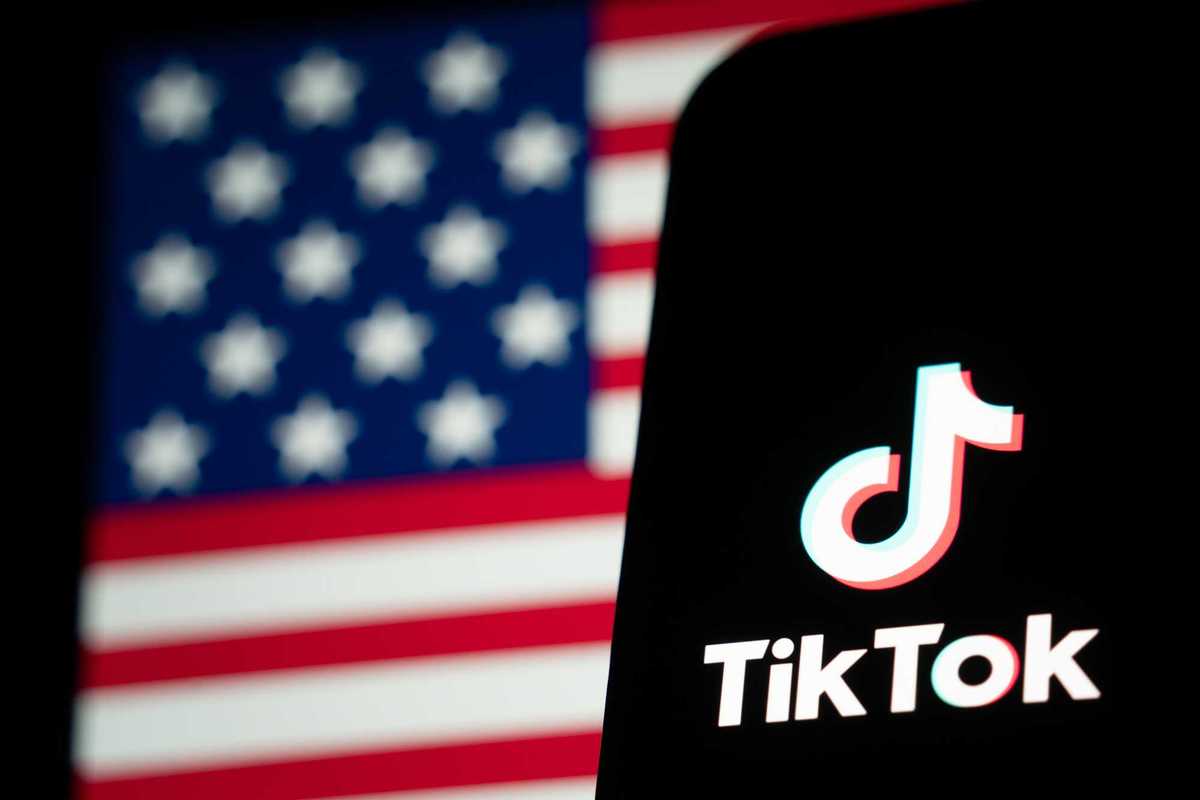Lifestyle
Danielle Sinay
Aug 31, 2021
“The Great Resignation” is in full force, with U.S. employees quitting their jobs at higher rates than ever before. According to the U.S. Department of Labor, 2.7 per cent of working Americans left their positions in June, the uppermost level of resignation since they started keeping track in 2000.
Millennials in particular, who range from 25 to 40 years old, are leaving their jobs in record numbers — but not to laze away and do nothing, as some elder generation might assume. Instead, millennials are merely taking breaks, primarily to tend to their pandemic prompted burnout, “leaning into an early-career break,” the Wall Street Journal reports. But they’re also using the time to develop new skills.
“I was just so tired of pushing, and I had totally lost my passion,” 33-year-old Tessa Raden told WSJ, who recently quit her “dream job” as a program director. “I love that I don’t have to take my work home with me, and I love that the majority of my job now is just being friendly, not staring at a computer screen,” she said of her new job as a bartender.
Another benefit of Raden’s updated schedule? She finally has time to pursue a graduate certificate in education, as she hopes to eventually transition into a career in public education.
A myriad of millennials have similar plans, and seemingly have for some time. A Prudential Financial survey from the spring found that millennials, in particular, intended to make a career change soon, with over a third of the demographic aiming to seek new employment post-pandemic. Only a quarter of respondents overall said the same, though a more recent poll implies that the number has since skyrocketed.
In August, 65 per cent of employees were seeking new roles, according to a PwC poll. Employees’ primary reasons for finding new jobs are better salary, improved benefits, and increase workplace flexibility, like working remotely.
That said, none of this is particularly surprising. Just last month, Microsoft predicted that over 40 per cent of people would leave their current jobs this year — and considering the aforementioned numbers, clearly weren’t wrong.
Apparently, 70 per cent of workers would leave in hopes of a more “flexible” work schedule, while over half reported feeling “overworked.” “Digital overload” was a significant issue, as well, with weekly meeting time having increased by 148 per cent since the start pandemic, a number which continues to rise. Meanwhile, employees have seen a 40.6 billion rise in transmitted work emails — and counting.
Yet bosses remain blissfully unaware that their employees are miserable, according to the report. Many are under the impression that everything’s going great.
It remains to be seen how the rest of the Great Resignation will unfold, but it seems quite a lot of managers are in for a surprise.
Top 100
The Conversation (0)














